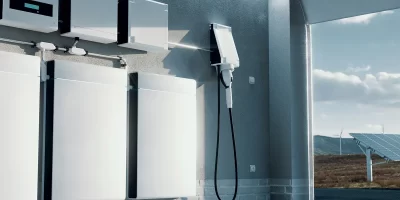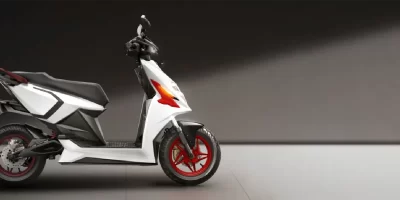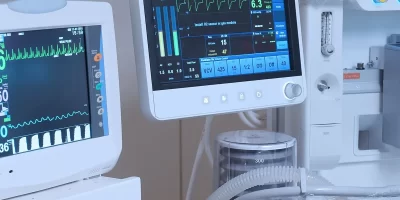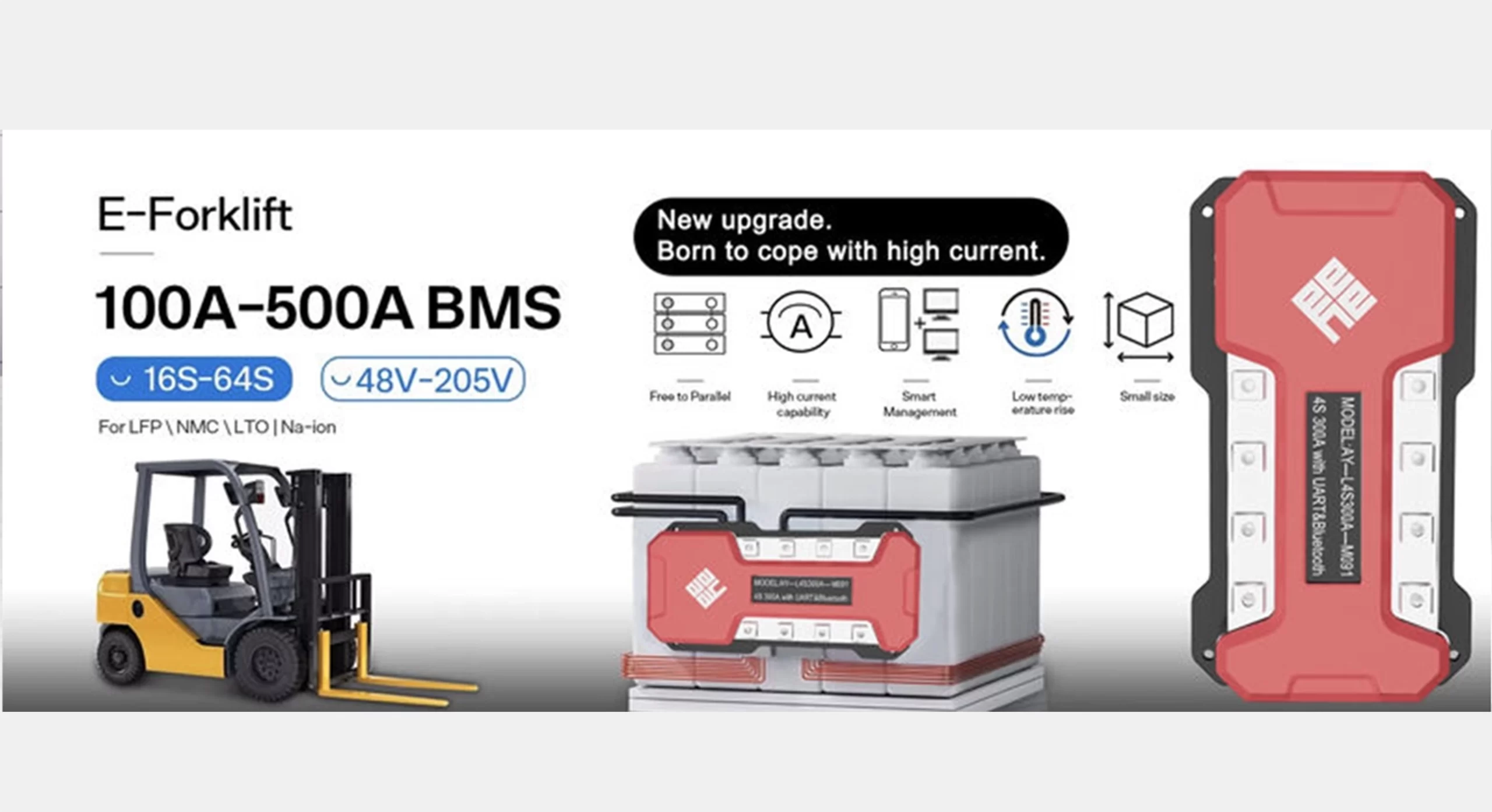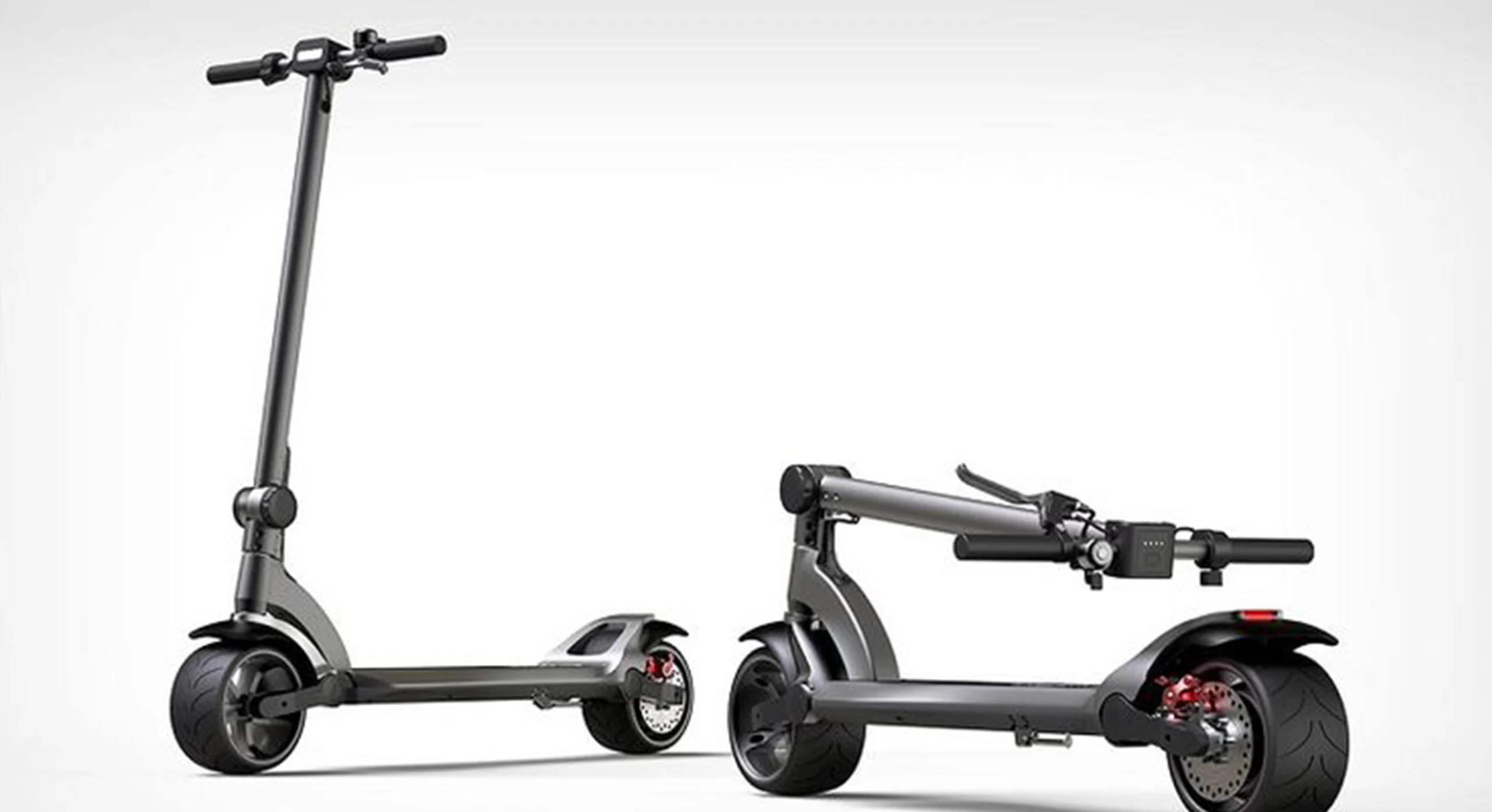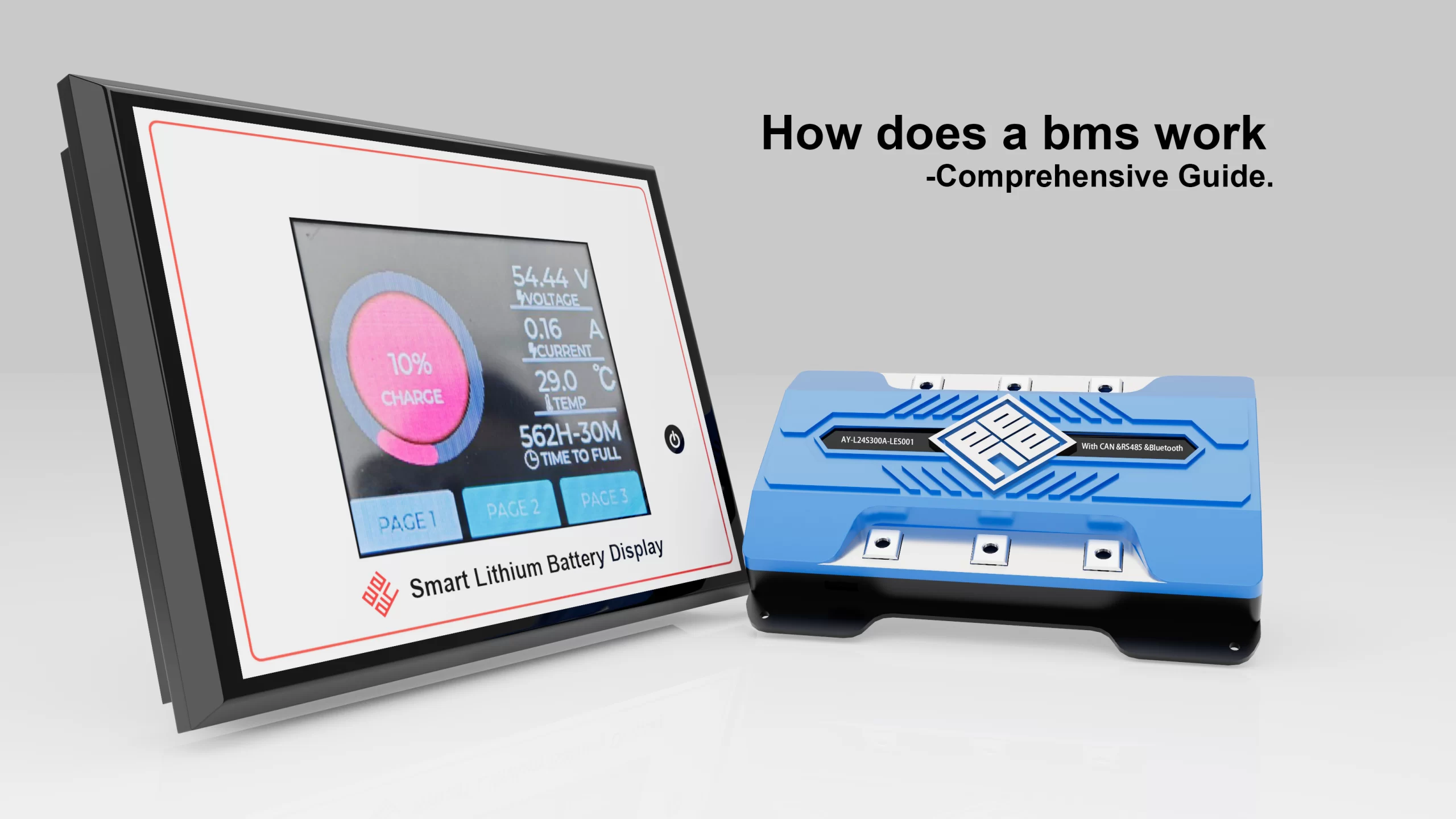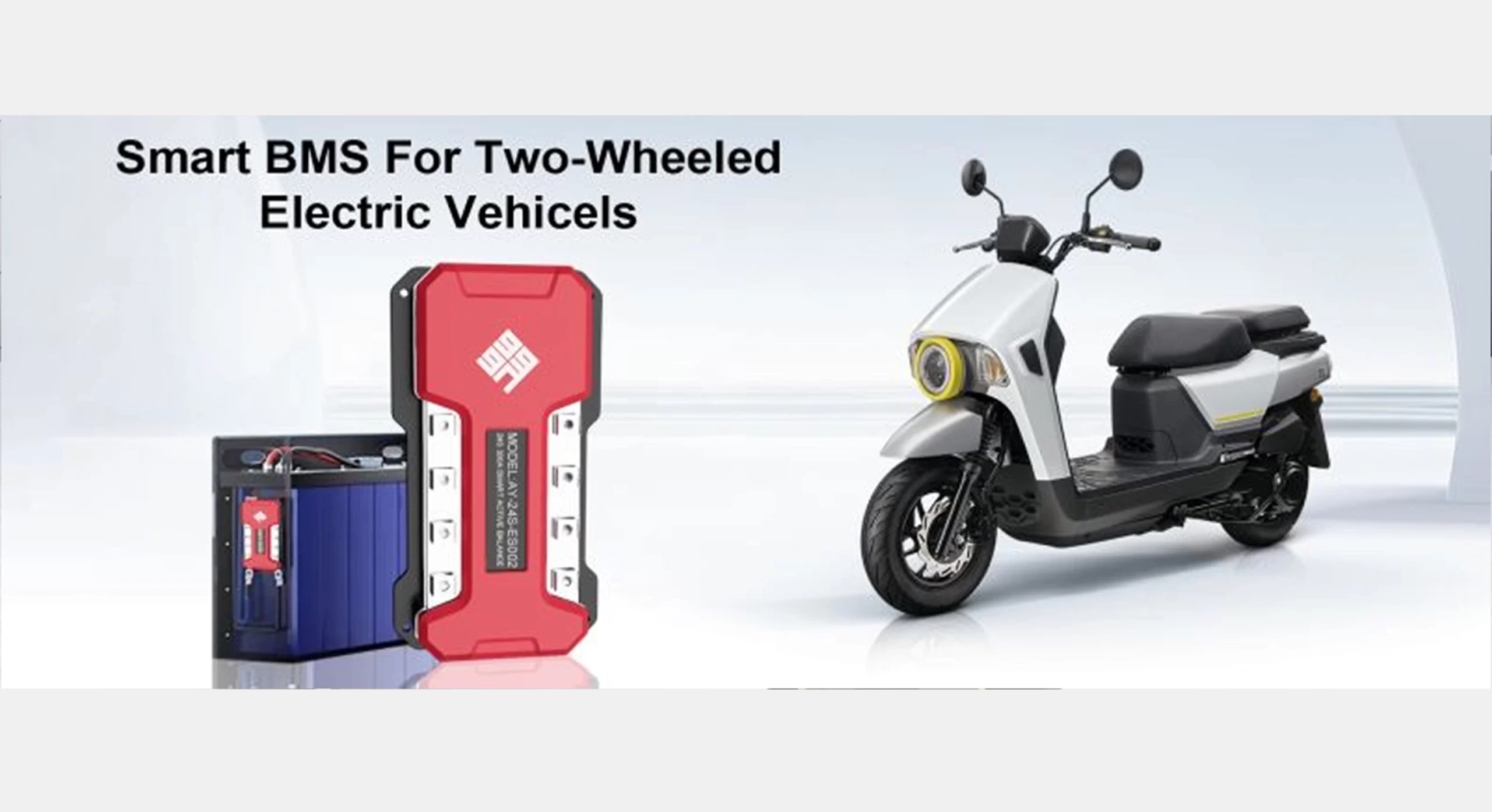Home About Us EVENTS & NEWS How Does a Lithium Battery Solar System Work? Understanding Its Core Components
How Does a Lithium Battery Solar System Work? Understanding Its Core Components
Lithium Battery Solar System,Understanding Its Core Components
A state-of-the-art energy storage device that effectively absorbs, stores, and uses solar energy is a lithium battery solar system. It is essential to the shift to renewable energy sources since it lessens reliance on fossil fuels and offers sustainable power options. This article will examine the fundamental elements, benefits, and practical uses of a lithium battery solar system. We will also discuss how Ayaa Technology contributes to the provision of superior Battery Management Systems (BMS) that improve the performance of lithium battery solar systems.

What Is a Lithium Battery Solar System?
1. Definition
Battery made of lithium Lithium-ion batteries and solar photovoltaic (PV) technologies are used in solar energy systems to provide a complete renewable energy solution. The primary elements consist of:
- Solar PV Modules
- Charge Controllers
- Lithium-Ion Battery Pack
- Inverters
Because of their greater energy density, longer lifespan, lower maintenance requirements, and quicker charging times, lithium-ion batteries are preferred over conventional lead-acid batteries.
2. Development History
There have been numerous significant stages in the development of lithium battery solar energy systems: Early Stage (Prior to the 1980s): At first, solar photovoltaic technology was mostly utilized for low-power, remote devices and space applications. The mainstay of energy storage at the time was lead-acid batteries, which, despite their maturity, had a number of disadvantages, including heavy weight, a short lifespan, and complicated maintenance.
Technological Progress from the 1990s to the Early 2000s: As lithium-ion battery technology advanced in consumer devices, interest in renewable energy applications grew due to its high energy density and extended lifespan. In order to overcome the drawbacks of conventional storage options, researchers started looking into combining lithium-ion batteries with solar systems.
From the mid-2000s until the present, commercialization and scale-up: Both solar PV and lithium battery technology advanced quickly as a result of the increased demand for green energy around the world. Widespread acceptance in residential, commercial, and microgrid applications has been fueled by cost savings, efficiency gains, and the creation of advanced battery management systems (BMS). The commercialization of these systems has been further hastened by governmental regulations and environmental concerns.
3. Application Fields
Solar energy systems powered by lithium batteries are adaptable and utilized in many different industries:
Residential and Commercial Buildings: By storing excess solar energy, these systems let companies and homeowners produce their own electricity, save energy costs, and improve energy reliability.
Microgrids and Remote Power Supply: Lithium battery solar energy systems offer a dependable and sustainable power source in places without a steady grid connection, such as rural areas, hilly regions, or islands.
Applications in Industry and Agriculture: These systems are used in industries and agriculture to maximize energy use, enhance self-sufficiency, and lower operating expenses.
Electric Vehicles and Portable Devices: To encourage environmentally friendly mobility and longer device use, certain electric vehicles and portable devices combine solar charging with lithium battery storage.
Emergency and Backup Power Systems: These systems are used as backup power solutions by critical facilities, guaranteeing uninterrupted operations in the event of grid outages and improving energy security in general.
4. Latest Research
Recent research in lithium battery solar energy systems focuses on many major areas: Enhanced Energy Density and Cycle Life: To increase energy density, prolong battery longevity, and enhance overall performance, researchers are investigating novel solid-state electrolytes and electrode materials (such as silicon-based compounds or lithium-sulfur batteries).
Safety and Thermal Management: Research into the issues around heat generation during high-power charging and discharging is still ongoing. To reduce the risk of thermal runaway and improve system safety, new cooling methods and battery management system (BMS) advancements are being developed.
Cost Reduction and Modular Design: Cost optimization is being driven by advancements in system architecture, manufacturing techniques, and materials. Scalable systems made possible by modular designs increase the viability and economic competitiveness of large-scale deployment.
Smart Control and Data Analytics: More intelligent energy management is made possible by the combination of big data, artificial intelligence (AI), and the Internet of Things (IoT). These developments enhance load balancing, optimize energy flows, and optimize the financial gains from renewable energy systems.
System Integration and New Applications: Researchers are looking into integrating lithium battery solar energy systems into smart grids, electric vehicle charging stations, and offshore wind platforms in addition to the conventional residential and commercial applications. The goal of these initiatives is to develop energy infrastructures that are more diverse and resilient.
3S-5S 200A BMS for Energy Storage
Why Are Lithium Battery Solar Systems Important?
Because lithium battery solar systems are dependable, efficient, and sustainable, they are essential for contemporary energy solutions. The following are the main justifications for their necessity:
1. Sustainable Energy Storage
Utilizing solar electricity even when the sun isn’t shining is made possible by solar battery systems, which store extra solar energy.By decreasing carbon footprints and encouraging environmental preservation, these systems aid in reducing dependency on non-renewable energy sources.
2. Improved Energy Efficiency
Compared to conventional batteries, lithium batteries have a higher energy density and charge/discharge efficiency.They maximize the use of solar power by reducing energy loss during storage and use.
3. Backup Power for Homes and Businesses
In the event of a grid outage, lithium battery solar systems provide a continuous supply of electricity by serving as backup power sources.They are frequently employed to keep things running during blackouts in commercial, industrial, and domestic contexts.
4. Grid Independence and Off-Grid Living
Lithium battery solar systems can help businesses and homeowners become less reliant on the grid for electricity.For isolated areas without access to traditional power networks, off-grid solutions utilizing lithium battery solar technology are perfect.
5. Long-Term Cost Savings
Long-term savings result from a lithium battery solar system’s long lifespan and minimal maintenance expenses, even though the initial expenditure may be larger.Adopting solar storage solutions is a cost-effective investment because governments and organizations provide incentives and rebates.
Core Components of a Lithium Battery Solar System
A lithium battery solar system is made up of a number of essential parts, each of which is essential to the distribution, storage, and conversion of energy:
1. Solar Panels
Capture sunlight and convert it into direct current (DC) electricity.Available in thin-film, polycrystalline, and monocrystalline forms.
2. Charge Controller
Controls the flow of current and voltage from solar panels to avoid deep drain or overcharging of the lithium batteries.Ensures optimal charging conditions, extending battery life.
3. Lithium-Ion Batteries
Store the solar energy created for later use.Offer a high energy density, a longer lifespan, and effective charge cycles.
4. Inverter
converts stored DC electricity into alternating current (AC), which is then utilized by household and commercial equipment.
5. Battery Management System (BMS)
Monitors voltage, temperature, and charging status to guarantee the safe and effective functioning of lithium batteries.Ayaa Technology is an expert in creating high-performance BMS solutions that maximize lithium battery performance.
How a Lithium Battery Solar System Works
You can better capture, store, and use renewable energy if you understand how a lithium battery solar system operates:
1. Energy Generation
Solar panels absorb sunlight and convert it into direct current electricity.Energy conversion efficiency is influenced by panel quality, temperature, and sun exposure.
2. Energy Regulation
To keep the battery from being damaged, the charge controller controls the power flow.It guarantees that the proper quantity of charge is applied to the lithium battery.
3. Energy Storage
Solar-generated electricity is stored in lithium-ion batteries.Battery performance is controlled by the BMS to maximize storage effectiveness.
4. Energy Distribution
By converting DC electricity into AC power, the inverter makes it suitable for both industrial and residential uses.Extra energy can either be stored for later use or supplied back into the system.
Advantages of Lithium Battery Solar Systems
Comparing solar battery systems to conventional energy storage techniques reveals several benefits:
1. Higher Energy Density
Compact and space-efficient, lithium batteries store more energy per unit weight and volume.
2. Longer Lifespan
Compared to lead-acid batteries, lithium-ion batteries have a 5–10 year lifespan, which lowers replacement costs.
3. Faster Charging
These batteries charge faster, allowing quicker replenishment of stored solar energy.
4. Low Maintenance
Lithium battery solar systems provide dependable long-term operation with no maintenance.
5. Environmentally Friendly
They lessen environmental risks because they are devoid of harmful acid and lead.
Applications of Lithium Battery Solar Systems
Because of its dependability and effectiveness, solar battery systems are extensively utilized in many different industries:
1. Residential Energy Storage
Used to save electricity costs and provide backup power for homes.Accommodates hybrid and off-grid solar systems.
2. Commercial and Industrial Use
Lowers operating expenses by giving businesses access to clean energy.Utilized to provide a steady power supply in offices, industries, and warehouses.
3. Off-Grid and Remote Area Power Supply
Perfect for supplying electricity to rural houses, cottages, and businesses.used as an emergency energy source and in disaster assistance efforts.
4. Electric Vehicles and Transportation
Lithium battery solar systems support electric vehicle (EV) charging stations.Used in electric boats, RVs, and solar-powered transport solutions.
Choosing the Right Lithium Battery Solar System
When selecting a solar battery system, consider the following factors:
1. Capacity and Power Requirements
To select the ideal battery capacity, evaluate your daily energy usage.
2. Battery Type and Chemistry
Among the various chemistries available for lithium-ion batteries is lithium iron phosphate (LiFePO4), which is renowned for its durability and safety.
3. Compatibility with Existing Solar Systems
Make sure the system works effectively with the inverters and solar panels that are already there.
4. Brand and Manufacturer Reputation
For the best battery performance, pick a reliable manufacturer such as Ayaa Technology, which offers cutting-edge BMS solutions.
In the realm of renewable energy, a lithium battery solar system is a revolutionary solution that provides effective, dependable, and sustainable power storage for off-grid, residential, and commercial applications. Businesses such as Ayaa Technology are constantly improving the longevity, safety, and performance of lithium battery solar systems through advancements in Battery Management Systems (BMS). Leading-edge BMS solutions from Ayaa Technology guarantee safe and effective operation for companies and households wishing to invest in sustainable energy storage. Lithium battery solar systems will be essential in creating a cleaner and greener future as the globe shifts to renewable energy.
SHARE
News Recommend
-
How does AYAATECH BMS work in E-scooters
01/16/2025


